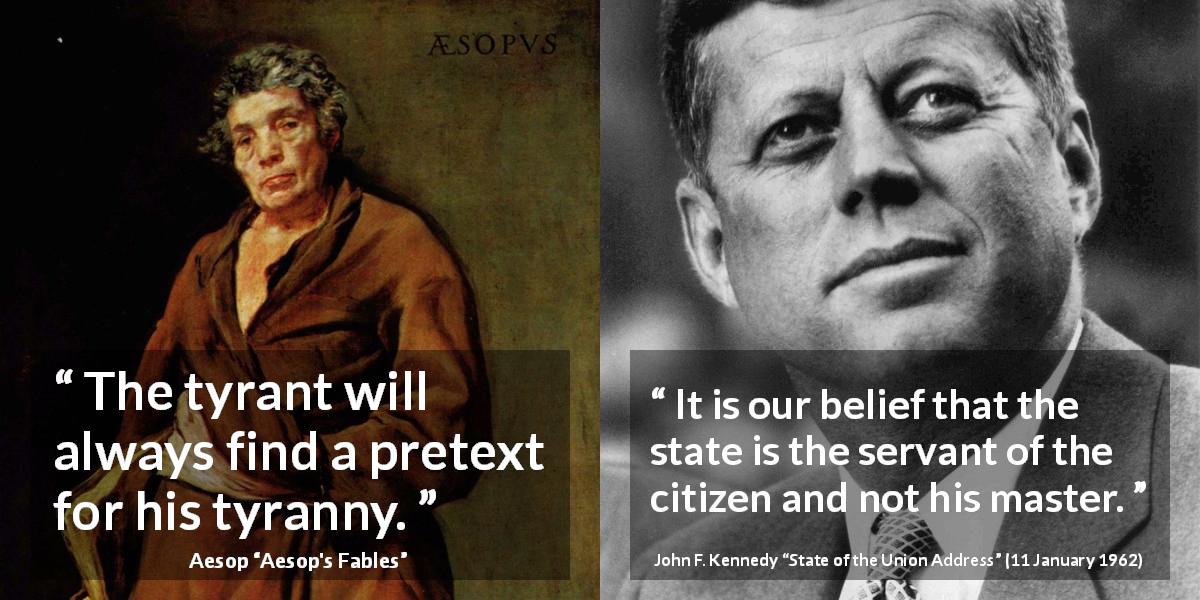
Christian philosophers have found no difficulty in justifying imperialism, war, the capitalistic system, the use of torture, the censorship of the press, and ecclesiastical tyrannies of every sort from the tyranny of Rome to the tyrannies of Geneva and New England. The desire to justify a particular form of political organization and, in some cases, of a personal will to power has played an equally large part in the formulation of philosophies postulating the existence of meaning in the world.

The voluntary, as opposed to the intellectual, reasons for holding the doctrines of materialism, for examples, may be predominantly erotic, as they were in the case of Lamettrie (see his lyrical account of the pleasures of the bed in La Volupte and at the end of LʼHomme Machine ), or predominantly political, as they were in the case of Karl Marx. He is also concerned to prove that there is not valid reason why he personally should not do as he wants to do, or why his friends should not seize political power and govern in the way that they find most advantageous to themselves. The philosopher who find no meaning in the world is not concerned exclusively with a problem in pure metaphysics.
#Tyranny quotes code
The philosopher who finds meaning in the world is concerned, not only to elucidate that meaning, but also to prove that is it most clearly expressed in some established religion, some accepted code of morals. The pure love of truth is always mingle to some extent with the need, consciously or unconsciously felt by even the noblest and the most intelligent philosophers, to justify a given form of personal or social behavior, to rationalize the traditional prejudices of a given class or community. No philosophy is completely disinterested.


 0 kommentar(er)
0 kommentar(er)
